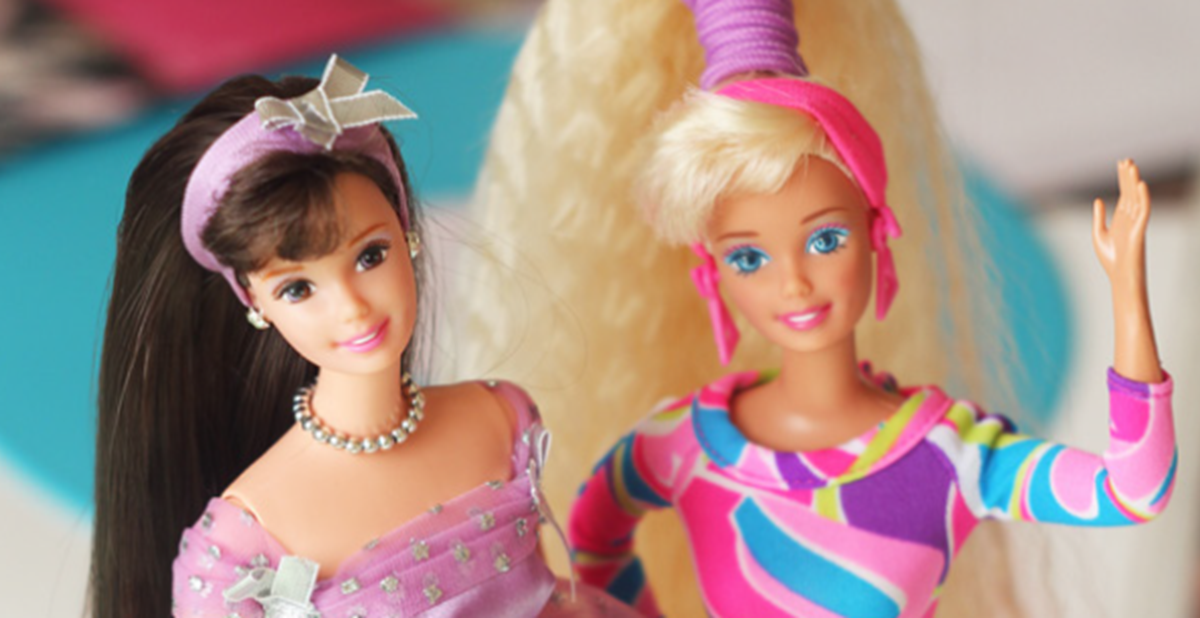Brandable: Barbie Celebrates 60 Years, Supports Female Empowerment

This year, Barbie—the iconic doll whose clothes, careers and play packs have inspired millions of children globally—is celebrating 60 years. For a company that sells 58 million of the dolls annually and nearly 100 dolls every 60 seconds, according to the company website, the longevity of the dolls is no surprise. To celebrate, Mattel, the international toy manufacturing company that owns Barbie along with other household brands like Fisher-Price, Polly Pocket, Hot Wheels, American Girl and various board games, is recognizing female empowerment and diversity in Barbie’s newest traveling campaign, “Be Anything.”
The campaign honored more than 20 women from around the globe, including actress and activist Yara Shahidi, tennis player Naomi Osaka, model and activist Adwoa Anoah, cyclist Kristina Vogue, ice skater Tessa Virtue, artistic gymnast Dipa Karmaker, photographer Chen Man and Australian journalist Ita Buttrose. The first leg of the campaign kicked off March 9-10 and was hosted by Grammy-nominated country music singer Kelsea Ballerini. The tour was scheduled to stop at 36 national Walmart locations, beginning in Bentonville, Arkansas. Those attending this leg of the tour had the opportunity to hear Ballerini’s story, partake in interactive experiences and enter to win a $20,000 prize.
The tour was an extension of Barbie’s “Shero” program, an initiative launched in 2015 to honor females and their accomplishments worldwide. As Barbie fans might have noticed, the blonde haired, blue-eyed gal is no longer dominating the shelves filled with Barbie products, which had been the case in her earlier years. With growing demands from customers to represent diversity, Barbie’s looks, body and ambitions have changed to represent all women. The women honored by the Shero program are given a custom-made Barbie in their likeness, which is seen as the highest honor bestowed by the program.
The tour, which wraps up in October, will bring awareness to the Barbie Dream Gap Project Fund, the company’s ongoing plan to close the dream gap. The premise behind this project is that by age five, many girls develop self-limiting beliefs about their gender. To disrupt this pattern, Barbie is donating $1 for every doll sold in the United States, for up to $250,000, to organizations striving to close the gap, and the funds will be managed through the Mattel Children’s Foundation. Through April 2, Amazon hosted pop-up experiences, known as “Barbie Presented by Amazon.” An exclusive Barbie apparel collection was also launched for girls ages five to 10 at participating Target stores, and relevant messages were displayed on global landmarks, like New York’s Empire State Building, Tokyo Skytree in Japan, Toronto’s CN Tower and Sydney’s Bondi Beach.
And frankly, it wouldn’t be in typical Barbie fashion if a doll weren’t created to commemorate this milestone. So, the company also launched its Barbie Career 60th Anniversary collection, which celebrates six prestigious career titles held by Barbie over the years—and jobs where women representation remains low—including astronaut, pilot, athlete, journalist, politician and firefighter. The doll, who is dressed in an elegant black-and-white gown speckled with sparkly silver accents, is available on the Barbie website or at participating Target stores for $60.
––––––––––––––––––––––––––––––––––––––––––––––––––––––––––––––––––––––
Danielle Renda is associate editor of PPB.

